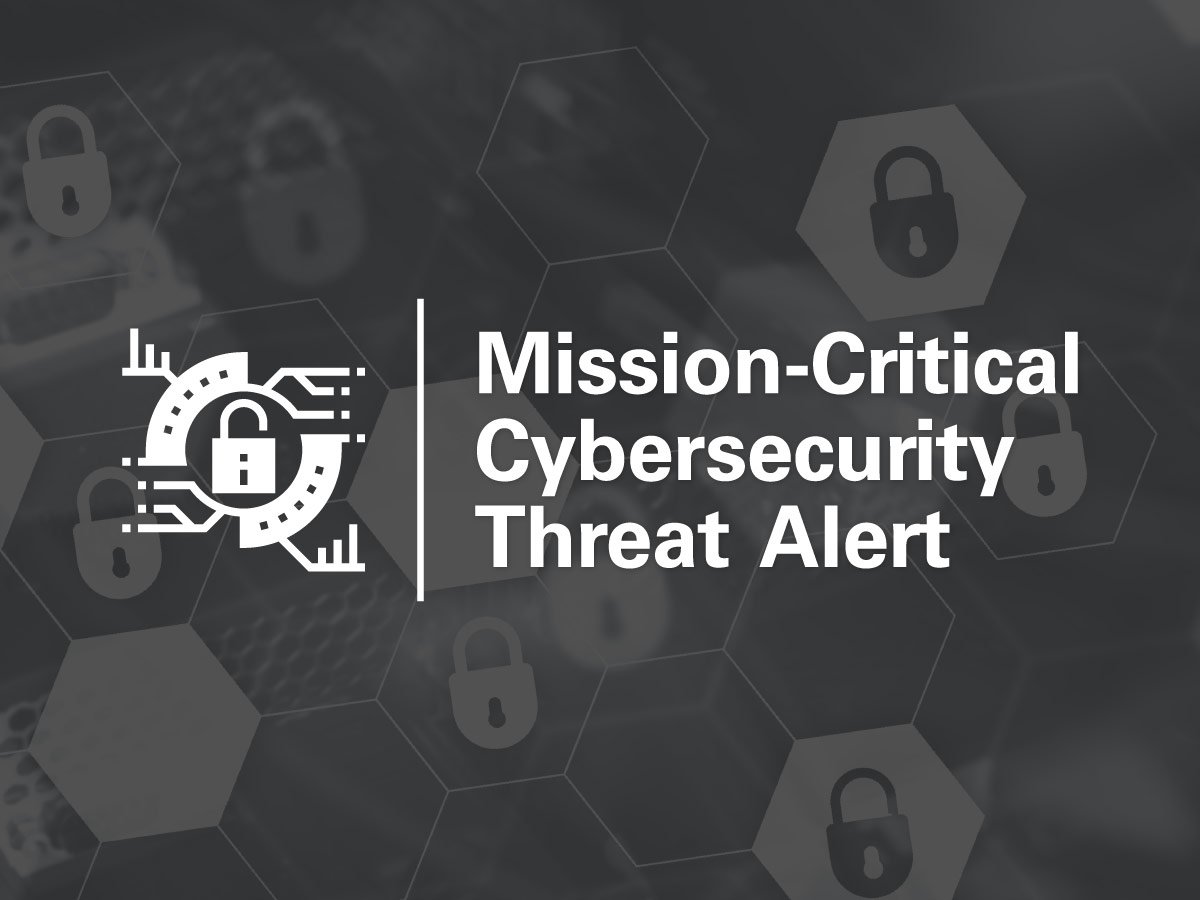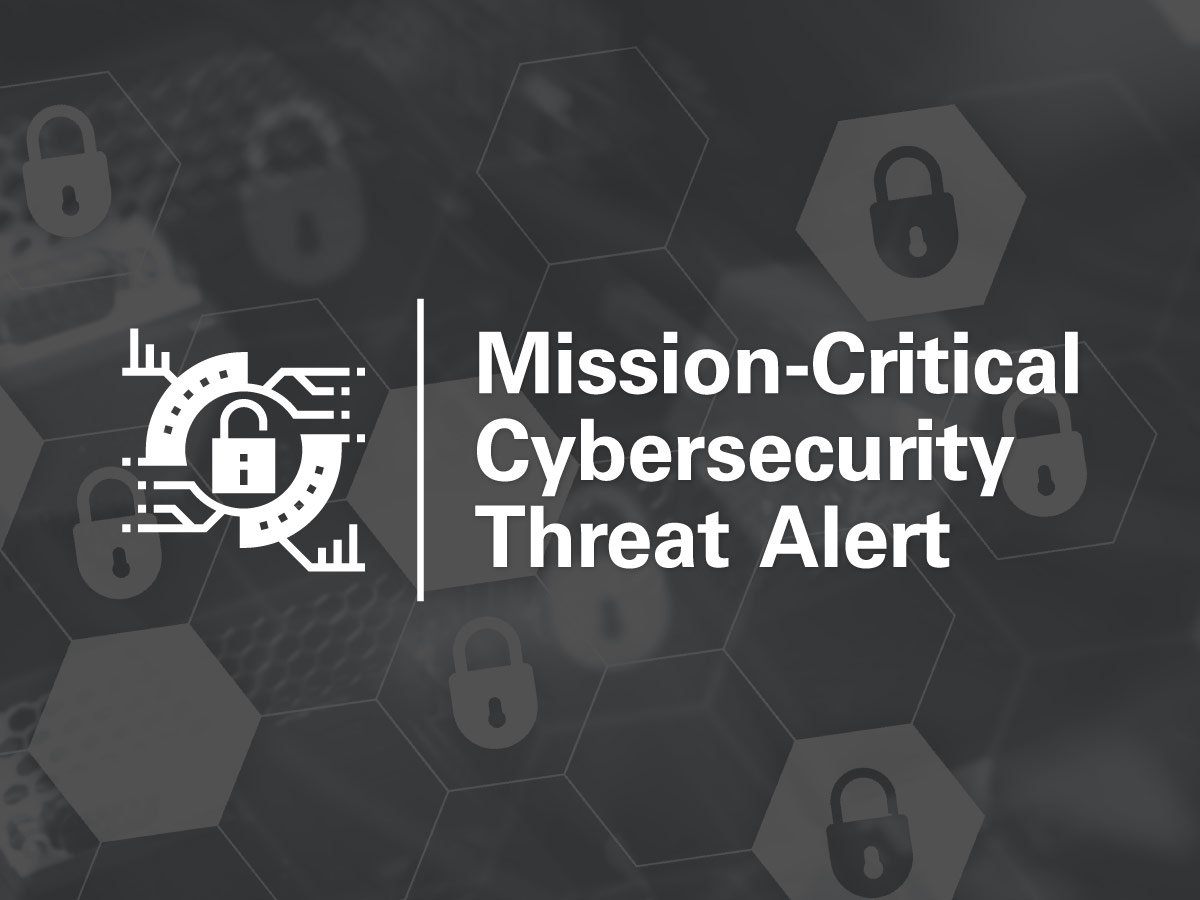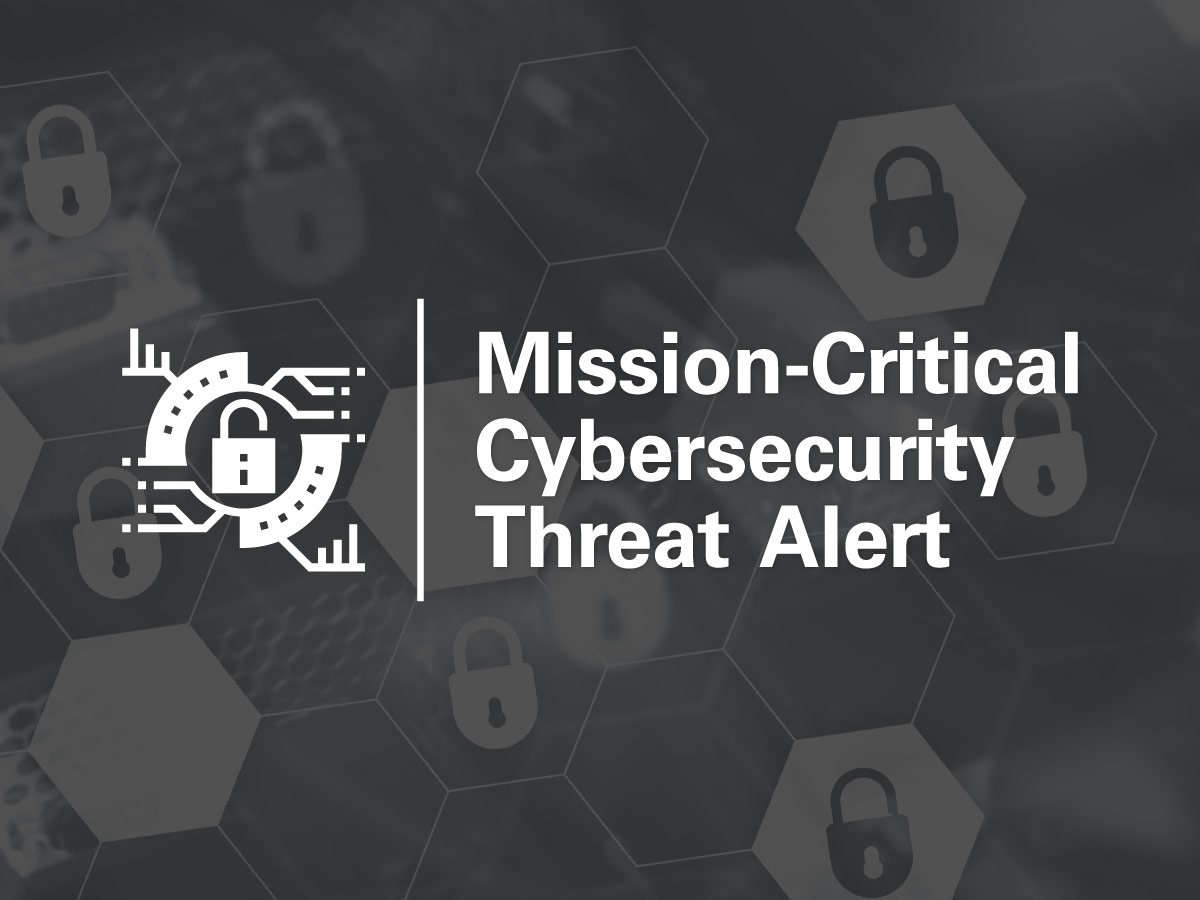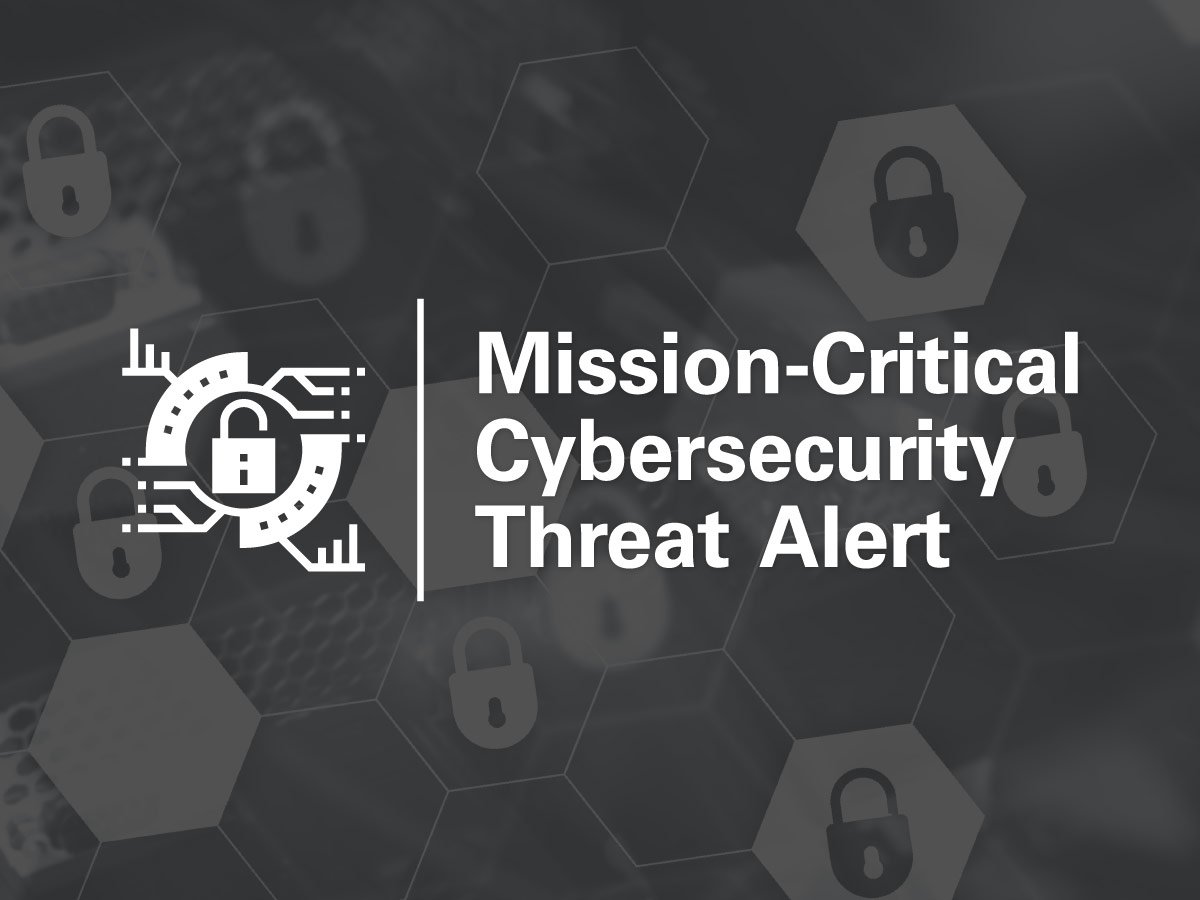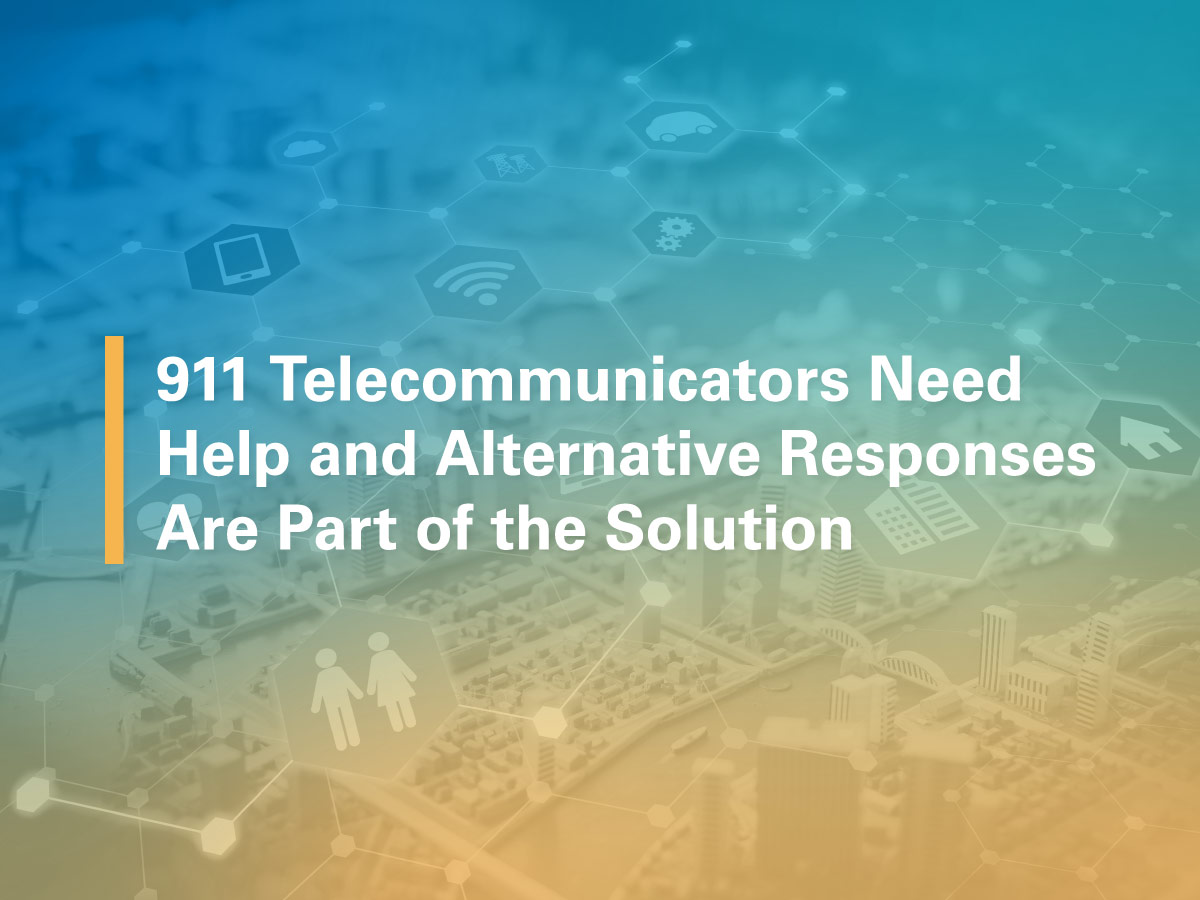Cybersecurity Threat Advisory: Microsoft Issues Emergency Updates
As part of our effort to inform our clients about potential and serious cybersecurity issues, MCP provides advisories about vulnerabilities and exploits that could threaten the operations of their critical communications networks. Sign up to receive these advisories in your inbox as soon as they are released.
This week there is a new critical alert that requires the mission-critical community’s immediate attention.Advisory Overview
In response to critical bugs in its Patch Tuesday release for January 2022, Microsoft released several out-of-band (OOB) updates to its Windows Server updates. After initially pulling these updates for further review on January 13, Microsoft made them available to download again via Windows Update the next day. Now that these issues were resolved, MCP recommends that all managed service providers (MSPs) download the January 2022 security updates and the emergency OOB patches to protect their critical servers.






